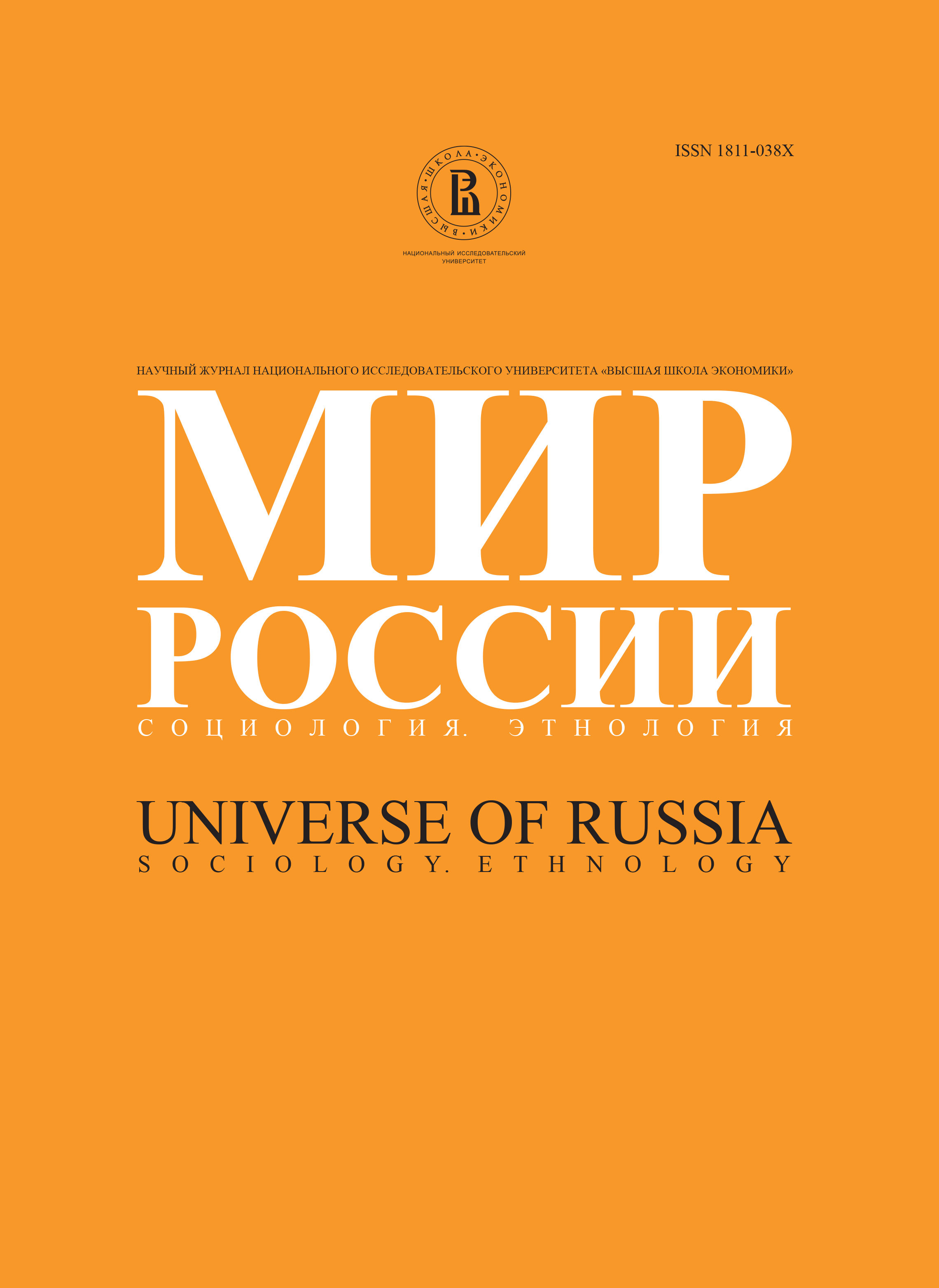Citizenship Identity of Estonian and Russian Youth through Television News
Abstract
Valeria Jakobson — Research Fellow, Institute of Journalism and Communication, University of Tartu. Address: 18, Ülikooli, Tartu, 50090, Estonia. E-mail: valeriajakobson@hotmail.com
Halliki Harro-Loit — Head of the Institute of Journalism and Communication, University of Tartu. Address: 18, Ülikooli, Tartu, 50090, Estonia. E-mail: Halliki.harro@ut.ee
Kadri Ugur — Research Fellow, Institute of Journalism and Communication, University of Tartu. Address: 18, Ülikooli, Tartu, 50090, Estonia. E-mail: kadri.ugur@ut.ee
Kristina Veidenbaum — TV Journalist. E-mail: kristina.veidenbaum@gmail.com
This article endeavors to analyze how different the perceptions of young people from different ethnolinguistic groups in Estonia could be with respect to the same cultural television news; and how these differences correspond to the national identity. Could one actually speak of forming citizenship identity in the Estonian Republic at all?
The study is somewhat experimental and is based on the materials from three focus groups. It has been established that Estonian and Russian teenagers are critical of how politicians interpret history in their own interests and how mass media helps to raise the conflict in a society. The event makers and events themselves in Estonian culture are regarded by young people from both ethnic groups as a part of Estonian history rather than Estonia as a nation. Estonian history is perceived by teenagers as something which belongs to Estonians as an ethnic group. At the same time, Russian-speaking teenagers perceive their ‘own’ history being transmitted through Russian channels and their families. In their ‘own’ history, what matters are the territorial and linguistic aspects. They know Estonian language and culture and are open to a dialog with Estonians, although only if the latter perceive them exactly as Russians in Estonia. It is thought too early to speak of any kind of single citizenship identity.






